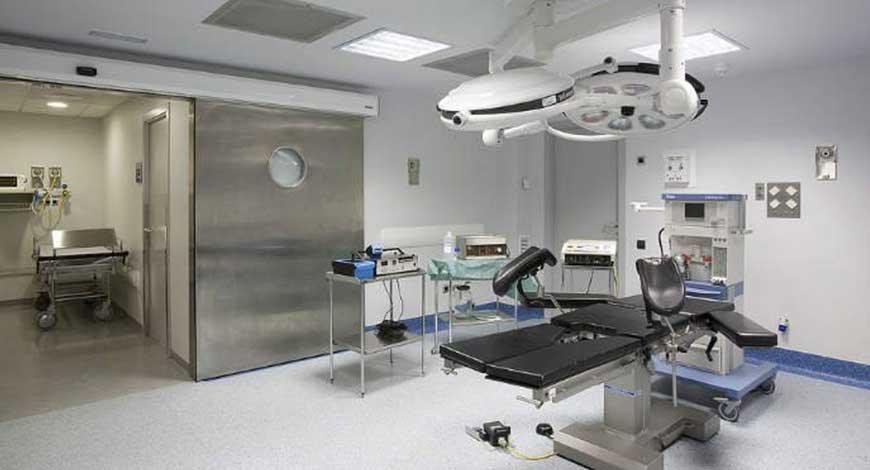Trends
IVF devices Market size to grow by 7.67% Y-O-Y from 2024-28

The In vitro fertilization (IVF) devices market size is estimated to grow by USD 411.62 million, at a CAGR of 7.67% between 2023 and 2028. The culture media and reagents segment is poised for significant growth during the forecast period, supporting embryo development in IVF laboratories. Valued at USD 284.46 million in 2018, these substances facilitate fertilization, embryo culture, and cryopreservation, ensuring optimal conditions for successful embryo transfer. This segment’s expansion, driven by specialized media for various IVF procedures, will bolster the global market’s growth in the coming years.
The increasing age at which individuals choose to become parents is a significant driver for market growth, as it correlates with a higher incidence of infertility. This trend, influenced by factors like contraceptive use, educational pursuits, and urban living, has notably impacted Europe and parts of Asia. However, countries offering accessible reproductive care, along with liberal legal and social environments, are attracting individuals seeking fertility treatments. Consequently, the market is expected to witness sustained growth due to the rising prevalence of late parenthood.
Key challenges:
- Ethical and social concerns pose a significant challenge to market growth, particularly regarding Assisted Reproductive Technology (ART) procedures.
- Issues such as guidelines for semen banking, surrogacy legality, and the child’s rights impact the market’s expansion, necessitating careful monitoring of ART practices.
Market overview:
The In Vitro Fertilization (IVF) devices market is driven by the increasing adoption of assisted reproductive technology in fertility clinics worldwide. These clinics utilize advanced techniques such as egg retrieval, embryo transfer, and intracytoplasmic sperm injection (ICSI) to aid in infertility treatment. Fertility drugs and ovulation induction play crucial roles in stimulating the reproductive process. Preimplantation genetic diagnosis (PGD) enables the assessment of embryo viability, while fertility preservation methods offer options for future conception. With a focus on IVF success rates and cost-effective solutions, clinics monitor ovulation, conduct fertility testing, and provide comprehensive fertility counseling throughout the IVF procedure, mitigating potential complications and ensuring optimal outcomes within established timelines. Technavio













